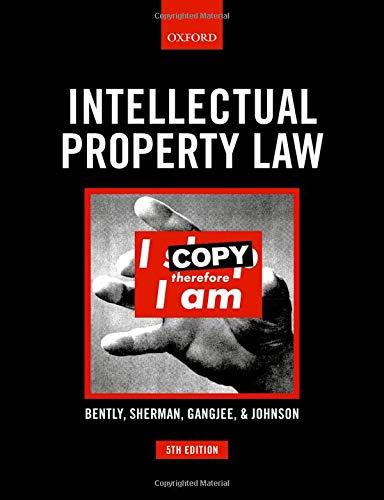Question
Supreme Court Says Damages Award Was Inconsistent in Contract Case We hold a non-breaching party to a contract may, by its conduct following a breach,
Supreme Court Says Damages Award Was Inconsistent in Contract Case
"We hold a non-breaching party to a contract may, by its conduct following a breach, conclusively elect its remedy and be bound by it to one theory for recovery of damages," Justice Kevin Dougherty wrote for the majority.
ByP.J. D'Annunzio|September 26, 2019 at 03:56 PM
The Pennsylvania Supreme Court has upheld a ruling that atrial judge in a commercial landlord/tenant contract dispute rendered an inconsistent award for thetenant that simultaneously rescinded and enforced the lease contract.
The justices' ruling Sept. 26affirmed the state Superior Court's holding inGamesa Energy v. Ten Penn Center.
In that case,a Philadelphia trial judgefound the landlord had breached the lease contract by failing to timely respond toits tenant's request to sublease part of its premises. The judge retroactivelyrescinded the contract and awarded the tenant damages for unjust enrichment. But the judge also awarded the tenant damages equal to the amount it would have received under the proposed sublease.
In March 2018, the state Superior Courtreversed in part and denied in partthe trialjudge's ruling in favor of Gamesa Energy USAin its case against Ten Penn Center Associates. The high court agreed with the Superior Court's reasoning, according to Justice Kevin Dougherty, who wrote the court'sSept. 26 majority opinion.
"We hold a non-breaching party to a contract may, by its conduct following a breach, conclusively elect its remedy and be bound by it to one theory for recovery of damages," Dougherty said. "The Superior Court correctly determined the trial court erred by retroactively terminating the lease agreement between the parties, and by awarding Gamesa damages for both breach of and rescission of the lease."
Chief Justice Thomas Saylor issued a separate,concurring opinion, in which he supported the majority's conclusion. However, Saylor said the issue was one better suited for the legislature.
Gamesa alleged Ten Penn breached thelease by failing to make a decision on aproposed sublease withanother company, BSI, within the timeframe dictated by the lease. Gamesa claimed that Ten Penn had broken the terms of the lease and demanded damages based on expectation. But Gamesa alsosought a ruling that the lease had beenrescinded as of the date Ten Penn failed to accept or reject the sublease request. Based on a theory of unjust enrichment, Gamesa sought reimbursementof the rent it paid after that point.
Thetrialjudge held thatTen Penn breached thelease contract, that thebreach effectively rescinded the contract and that Ten Penn was unjustly enriched by any rent payments it subsequently received fromGamesa. But the judge also awarded Gamesa the amount it would have received under the three-year sublease with BSI.
Judge Jack Panellawrote in the Superior Court's opinion that those rulings were inconsistent and noted theplaintiff can only recover for breach of contract because that was the remedy it choseby continuing to pay rent to Ten Penn and collect rent for its sublease following the breach.
"The remedy Gamesa had chosen for trial was to enforce the contract and recover based on expectation, i.e., recover the expected rent from the BSI sublease. Thus, the trial court's actions in retroactively terminating the contract and awarding Gamesa damages based upon a theory of unjust enrichment was clearly in error," Panella said.
The Superior Court upheld the trial court's determination that Ten Penn imposed unreasonable conditions for subleasing and affirmedthe judge's award of $265,000 damages based on the amount due under the BSI sublease.
Jeffrey Batoff of Obermayer Rebmann Maxwell & Hippel represents Gamesa and William Hangley of Hangley Aronchick Segal Pudlin&Schiller represents Ten Penn. Neither responded torequests for comment.
Can you assist me with the legal analysis off the case. For example, facts of the case, issue, holding, procedure, critical analysis.
Step by Step Solution
There are 3 Steps involved in it
Step: 1

Get Instant Access to Expert-Tailored Solutions
See step-by-step solutions with expert insights and AI powered tools for academic success
Step: 2

Step: 3

Ace Your Homework with AI
Get the answers you need in no time with our AI-driven, step-by-step assistance
Get Started


